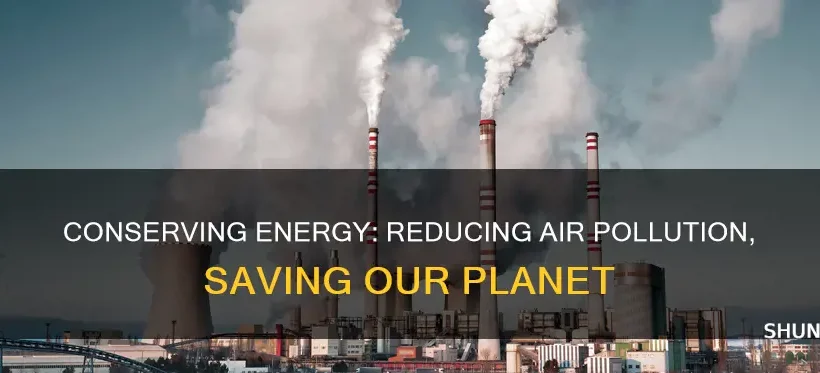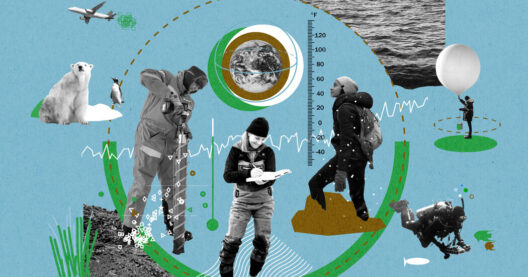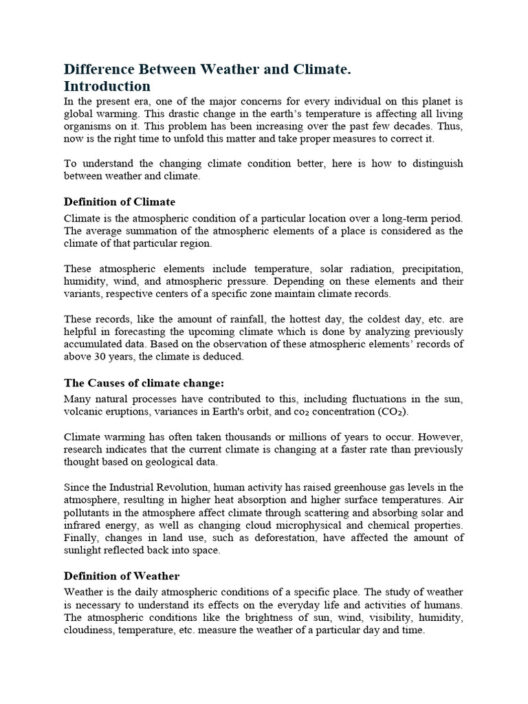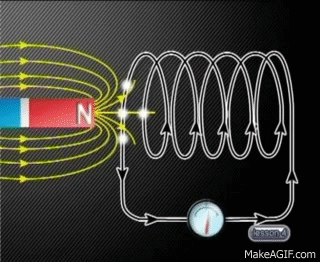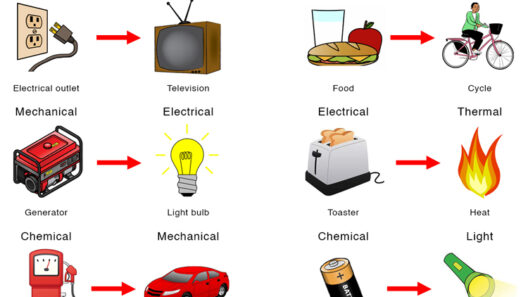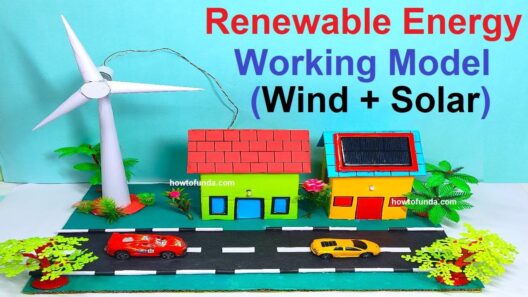Conserving energy stands as a crucial strategy in the battle against environmental degradation. The correlation between energy conservation and air pollution reduction is profound and multifaceted. This discussion explores the various dimensions of this relationship, illuminating how energy-saving measures can catalyze cleaner air and contribute to a healthier planet.
Understanding Air Pollution
Air pollution arises from a multitude of sources. These include industrial emissions, vehicular exhaust, and the burning of fossil fuels for electricity generation. These activities release a concoction of harmful pollutants, including particulate matter (PM), nitrogen oxides (NOx), sulfur dioxide (SO2), and volatile organic compounds (VOCs). Each of these substances poses significant risks to human health and the environment, contributing to respiratory diseases, cardiovascular problems, and ecological harm.
The Role of Fossil Fuels
At the heart of energy consumption is the reliance on fossil fuels. Coal, oil, and natural gas, the predominant energy sources globally, are notorious for their high emissions of air pollutants. The combustion of these fuels leads to the release of greenhouse gases and pollutants that degrade air quality. Consequently, switching to alternative energy sources or improving efficiency can drastically reduce emissions, creating a ripple effect that mitigates air pollution.
Energy Conservation: A Multifaceted Approach
Energy conservation encompasses various techniques aimed at minimizing energy consumption. These practices can be implemented at both the individual and institutional levels, providing a comprehensive framework for reducing reliance on polluting energy sources. Some common strategies include:
- Improving Energy Efficiency: Upgrading appliances, lighting, and heating systems can lead to significant reductions in energy use.
- Behavioral Changes: Simple actions, such as turning off lights when not in use or using public transportation, can drastically lower energy demand.
- Investing in Renewable Energy: Solar, wind, and hydroelectric power provide cleaner alternatives, producing little to no air pollutants.
The Impact of Energy Conservation on Air Quality
By adopting energy conservation strategies, individuals and organizations can contribute to substantial reductions in air pollution. When energy consumption decreases, so does the demand for fossil fuels, subsequently decreasing emissions from power plants and automobiles. A pivotal example can be witnessed in urban areas, where improved energy efficiency in buildings and reduced vehicular use have led to marked improvements in air quality.
Case Studies: Success Stories
Numerous cities and countries around the world have experienced direct benefits from energy conservation initiatives. For instance, California has implemented stringent energy efficiency regulations, significantly reducing its overall energy consumption. This approach has led to a decline in greenhouse gas emissions and a notable improvement in air quality. Similarly, nations like Denmark have invested heavily in wind energy, reducing reliance on fossil fuels and simultaneously cutting air pollution levels.
Health Benefits of Cleaner Air
The reduction of air pollutants through energy conservation not only fosters environmental health but also significantly improves public health outcomes. Clean air is pivotal in reducing the incidence of respiratory illnesses, allergies, and other health issues linked to pollution. Furthermore, healthier populations translate into reduced healthcare costs and enhanced quality of life, making air quality improvements a beneficial investment.
Challenges and Considerations
While the benefits of energy conservation are evident, challenges remain. Transitioning to energy-efficient technologies often requires capital investment and policy support. There exists a disparity in energy conservation measures adopted between developed and developing regions. Financial constraints can hinder the implementation of energy-efficient technologies in less affluent communities. Therefore, targeted policies and incentives are essential to promote energy conservation universally.
The Future of Energy Conservation and Air Quality
Looking ahead, the integration of advanced technologies will further bolster energy conservation efforts. Innovations in smart grid technology, energy storage, and electric vehicles are paving the way for a cleaner, more efficient energy landscape. These advancements promise not only to reduce energy consumption but also to fundamentally alter the ways we produce and utilize energy. As society moves toward a more sustainable paradigm, the imperative to conserve energy and enhance air quality remains paramount.
Conclusion
In summation, conserving energy plays an indispensable role in mitigating air pollution. By reducing dependence on fossil fuels and embracing energy-efficient practices, individuals, communities, and nations can collectively work towards a cleaner atmosphere. The ramifications of energy conservation extend beyond mere environmental benefits; they encompass improved public health and economic savings as well. As awareness expands and technology advances, the pathway to sustainable energy practices becomes increasingly attainable, heralding a future where clean air is a reality for all.



